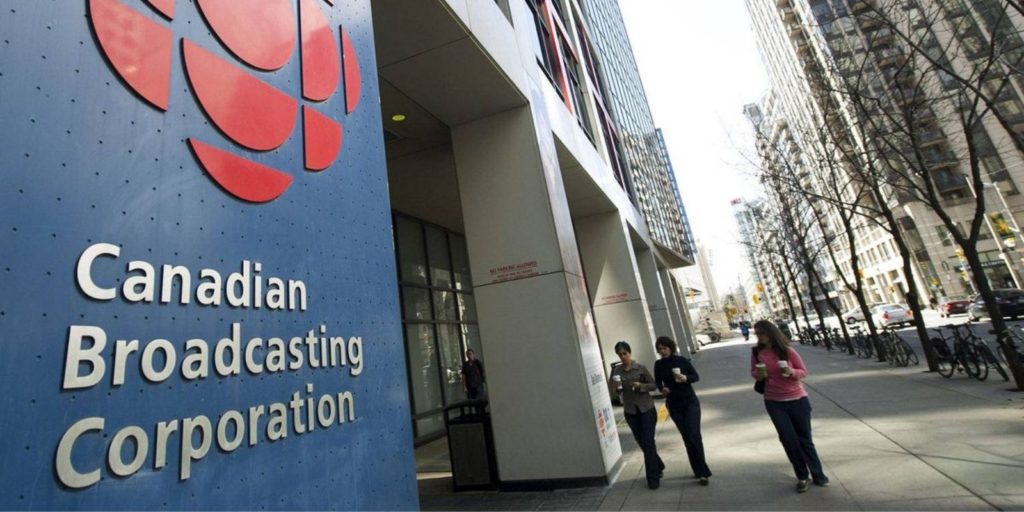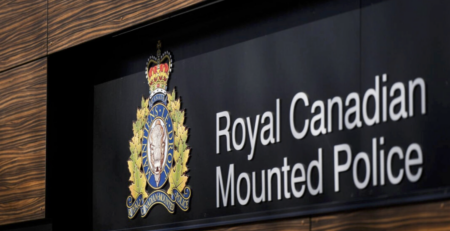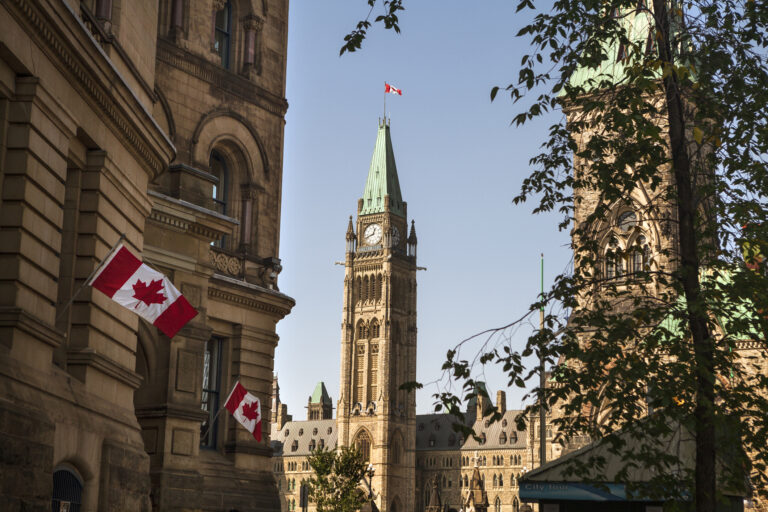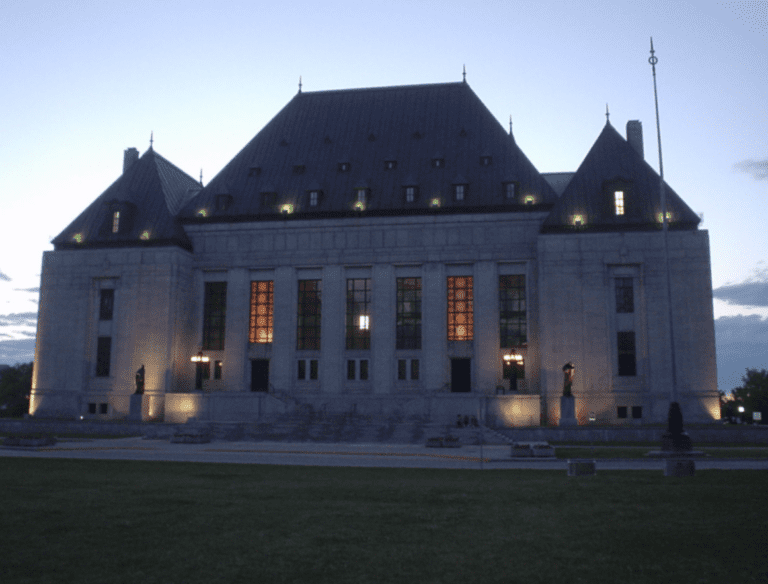By John Carpay, The Post Millennial
A CBC story about the 1950 book The Authoritarian Personality makes for interesting reading. Kristin Nelson laments right-wing populism, neo-fascism and Donald Trump as examples of a growing authoritarianism around the world.
Ms. Nelson’s story preferences Twilight of Democracy: The Seductive Lure of Authoritarianism by Anne Applebaum, who argues that some people (on the right and on the left) cannot tolerate complexity; they long for the one-party state, the single ruler, and the leadership cult. Ms. Applebaum argues that “… democracy requires a lot of its citizens. It requires that you be involved in politics, that you join parties, that you join civic organizations, that you vote. And for a lot of people, it’s a difficult and exasperating, and even enervating form of politics.” She argues that “democracies in history have almost all fallen and almost all been undermined, sooner or later, in predictable and repetitive ways.”
The Authoritarian Personality attempts to analyze the fascist’s personality, and what makes her or him susceptible to fascist propaganda. The book’s authors relied on Freudian psychoanalysis and the belief that relationships between children on the one hand, and parents and authority figures on the other, were key to the shaping of a person’s personality.
They developed four scales to measure antisemitism, ethnocentrism, political-economic conservatism, and a 77-question “F-scale” to test for fascism. Studies asked participants how much they agreed or disagreed with a series of statements like “obedience and respect for authority are the most important virtues children should learn” and “the businessman and the manufacturer are much more important to society than the artist and the professor.”
The political psychoanalysis from The Authoritarian Personality in 1950 has been supplanted by a much shorter list of parenting questions, designed to get a sense of a person’s relationship with authority.
Independence is contrasted with respect for elders; curiosity is contrasted with good manners; self-reliance is contrasted with obedience; being considerate is contrasted with being well-behaved. Presumably, people who are independent, curious, self-reliant and considerate are likely to reject authoritarianism, while those who are respectful, well-mannered, obedient and well-behaved will likely embrace it.
Carleton University sociology professor Frank Graves has been asking these four parenting questions in polls in Canada. He claims that support for authoritarianism is growing amongst individuals who exhibit almost zero trust for government, science, and the media. How decreasing trust in the authorities of government, science and media translates into a “growing authoritarianism” the CBC article does not explain.
Links between politics and psychology surely exist, and parenting styles likely do impact the degree to which an adult rejects or embraces authoritarian politics. What is remarkable about the CBC’s story is its complete and utter blindness to the harsh and uncompromising authoritarianism that has descended upon Canada since early 2020, in the form of lockdowns and mandatory vaccination policies. Canada’s federal and provincial governments openly admitted that these authoritarian policies were intended to nudge, force or compel citizens to comply.
Since March of 2020, politics in Canada has featured widespread, blind obedience to the edicts of unelected and unaccountable chief medical officers, to whom politicians happily abdicated responsibility. In true authoritarian fashion, new health orders that changed monthly (and sometimes weekly), that applied to every person, and that impacted people far more than most laws, were not even debated or voted on by Parliament or by provincial Legislatures. Rather, a simple news conference (possibly held at a cottage) now suffices to determine which of our Charter freedoms will be taken away, to what extent, and for how long.
This is not what Canada’s Constitution intends for democracy, now that a permanent “emergency” will soon enter its 27th month. Today still, a large minority of Canadians are second-class citizens who do not enjoy the freedom to get on an airplane, or even to leave the country, in blatant violation of the Charter‘s guarantee of mobility rights, including the right of Canadian citizens to enter and leave Canada freely.
Since March of 2020, most Canadians have embraced authoritarianism by unquestioningly accepting as true whatever government-appointed and government-funded “experts” deem to be “science.”
With few exceptions, media have failed to investigate the veracity of government claims about Covid, lockdowns, treatments for Covid, and mandatory vaccination policies.
Authoritarianism has raised its ugly head in Canada, where federal and provincial governments have violated our basic constitutional freedoms to associate, assemble, worship, and decide for ourselves what medical treatments to accept or reject. Trying to characterize Canadian authoritarianism as “right-wing” or “left-wing” is probably a waste of time. Whatever its position on a political spectrum might be, authoritarianism has obviously taken over. Most Canadians meekly look to their rulers’ permission when making fundamentally personal decisions like where they work and travel, which sports they participate in, how they worship, when they leave their homes, and who they spend their Christmas holidays with.
Why so many Canadians have accepted authoritarian politics so readily is an issue worth studying by psychologists, sociologists, political scientists and others. But let’s not pretend that authoritarianism is a foreign problem. It is a Canadian problem.









